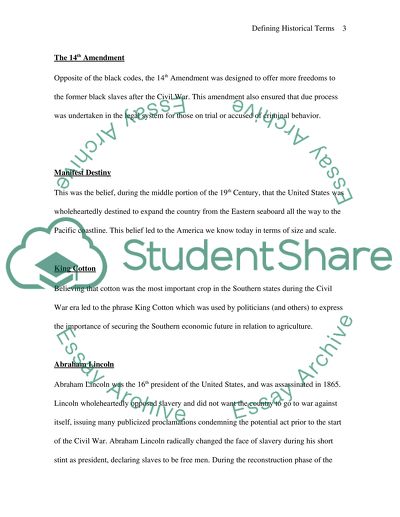Short answers-2 Essay Example | Topics and Well Written Essays - 500 words. Retrieved from https://studentshare.org/miscellaneous/1541790-short-answers-2
Short Answers-2 Essay Example | Topics and Well Written Essays - 500 Words. https://studentshare.org/miscellaneous/1541790-short-answers-2.


